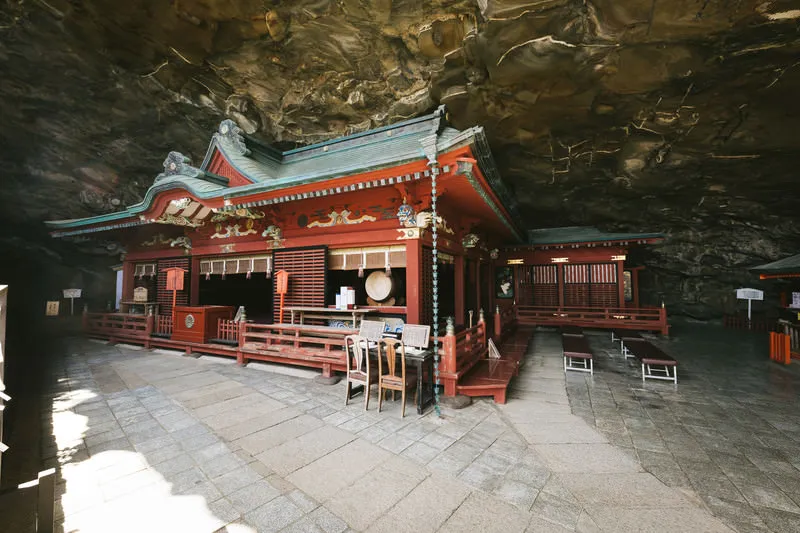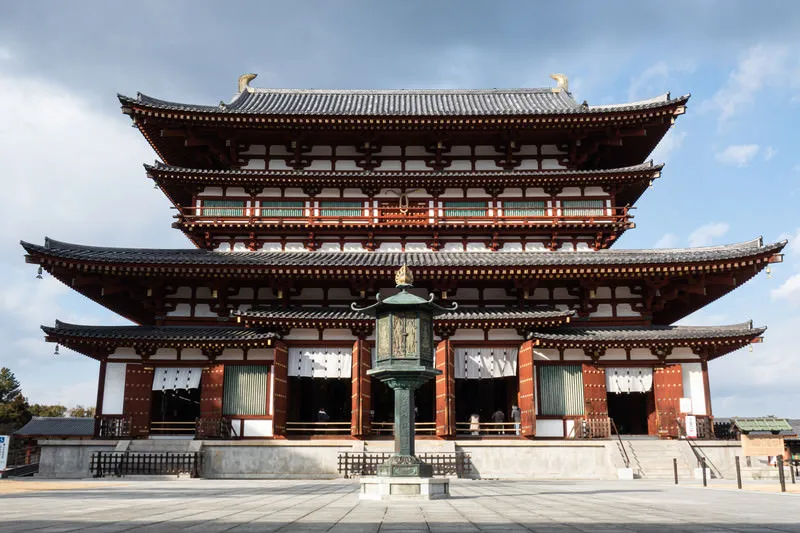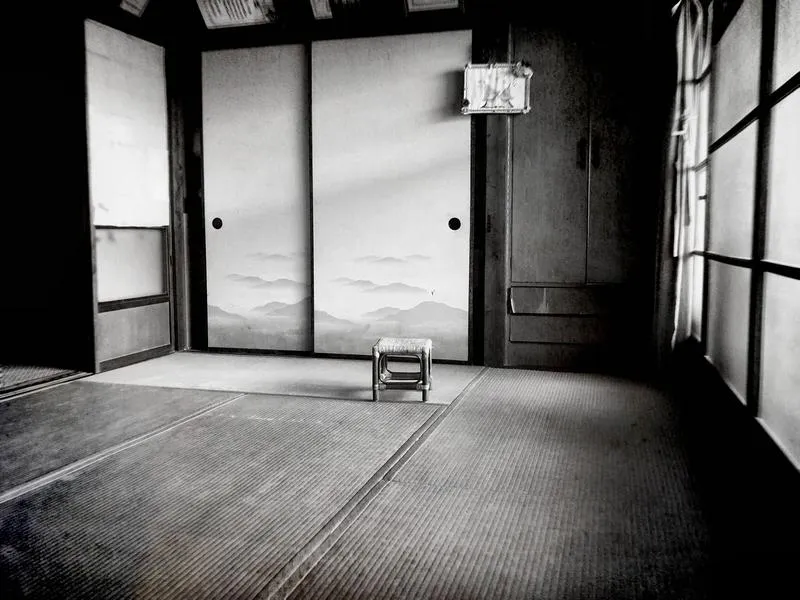November 9, 2023
Japanese Religion: A Fascinating Blend of Traditions
Exploring the Fascinating Blend of Japanese Religion: From Shintoism to Buddhism, Unveiling the Unique Spiritual Landscape
Explore the fascinating blend of Japanese religion, from Shintoism to Buddhism. Unveil the unique spiritual landscape of Japan, rich in cultural history and diverse beliefs. Discover the indigenous religion of Shinto, with its belief in numerous gods and natures significant role. Discover the captivating traditions found at shrines and sacred sites amidst beautiful landscapes.
Japan is a country rich in cultural history, and the various religious practices that have developed over the centuries play a significant role in shaping the countrys beliefs and values. From ancient indigenous religions to the introduction of Buddhism and other imports from foreign lands, Japanese religion is a unique and captivating subject to explore. Lets dive into the rich tapestry of beliefs and traditions that define the spiritual landscape of Japan.
Shinto: The Indigenous Religion of Japan
Shinto, which roughly translates to the way of the gods, is the indigenous religion of Japan. It encompasses a belief in the existence of numerous kami, or gods, who are associated with natural phenomena, ancestors, and certain activities. Shinto rituals often involve purification rites, prayers, and offerings made at shrines and sacred sites. Nature plays a vital role in this religion, with many shrines located amidst beautiful landscapes or inside ancient forests.
Buddhism: The Path to Enlightenment
Although Shinto is the native religion of Japan, Buddhism has also had a profound influence on the country. Introduced from China and Korea around the 6th century, Buddhism quickly gained popularity and merged with indigenous beliefs to form a unique syncretic tradition. Zen Buddhism, in particular, has found a strong following in Japan, emphasizing meditation and direct insight into ones true nature. Many Japanese people today identify themselves as both Shinto and Buddhist.
Confucianism and Taoism: Influences from the East
Alongside Shinto and Buddhism, Confucianism and Taoism have also impacted Japanese culture and spirituality. Confucianism, with its emphasis on social harmony and righteous behavior, greatly influenced Japans feudal society. Taoism, on the other hand, resonated with the Japanese love for nature and simplicity. While not as dominant as Shinto and Buddhism, these two Chinese philosophies left their mark on Japan, shaping various aspects of life.
Modern Spirituality: Blending the Old and the New
In contemporary Japan, religion continues to play a significant role in peoples lives, although the nature of religious beliefs is evolving. Many Japanese people adopt syncretic practices, integrating elements of various religions into their personal spiritual journeys. Additionally, there is an increasing number of individuals who identify as non-religious, while still engaging in cultural and traditional celebrations associated with Shinto and Buddhism.
In conclusion, Japanese religion is a captivating blend of indigenous beliefs and foreign influences. Shinto, Buddhism, Confucianism, and Taoism have all contributed to the spiritual landscape of Japan, shaping its cultural practices and values. Whether youre interested in ancient rituals, exploring beautiful shrines and temples, or simply understanding the multifaceted nature of Japanese spirituality, delving into the world of Japanese religion is a fascinating journey.



